
Essential Tips for Efficient Practice
As a budding organist, mastering the art of organ music can feel overwhelming. Whether you’re preparing for a performance or simply aiming to improve your skills, having effective practice strategies is vital. In this guide, we will delve into various techniques to help you practice organ music efficiently, all while ensuring you enjoy the process. Plus, we’ll sprinkle in references to easy choir songs that can work beautifully with your organ playing!
Understanding the Importance of Goal Setting
Before diving into your practice sessions, take a moment to set clear and achievable goals. Goals give your practice direction, allowing you to focus your efforts effectively. Here’s how to set practical goals:
- Define your objectives: Decide whether you want to master a specific piece, improve a technique, or learn easy choir songs.
- Set measurable targets: Instead of just wanting to play well, set targets such as “I will play this piece three times without errors.”
- Time frame: Assign deadlines to your goals to keep you motivated.
Creating an Effective Practice Schedule
Your practice schedule should be tailored to your needs and lifestyle. Here’s how you can structure it for maximum effectiveness:
1. Consistency is Key
Try to practice at the same time each day. Regularity helps improve your muscle memory and creates a routine that your mind and body will adapt to.
2. Divide Your Practice Sessions
Rather than attempting to tackle everything in one long session, break your practice into smaller segments. Here’s a suggested breakdown:
- Warm-ups (10-15 minutes): Start with scales and arpeggios.
- Technique (20 minutes): Work on specific technical elements that challenge you.
- Repertoire (30-40 minutes): Focus on the pieces you want to master, including practicing easy choir songs.
- Review (10-15 minutes): Play through what you’ve learned to reinforce it in your memory.
- Soul Savor (5-10 minutes): Play through one of your favorite pieces that you are good at. This will ensure that you always end the practice session on a good note.
3. Allow for Breaks
Taking short breaks during practice allows your mind to rest and helps to maintain concentration. A quick 5-minute break can do wonders for your focus and creativity.
Make Use of Technology
In today’s digital age, there are countless resources that can aid your practice. Here are some technological tools that can help enhance your organ practice:
- Metronome apps: These apps help maintain a steady tempo, critical when practicing difficult passages.
- Recording yourself: Listen back to your performance to identify areas of improvement.
- Sheet music applications: Digital sheet music can provide interactive features that traditional sheets cannot.
- Online tutorials: YouTube and other platforms offer countless instructional videos on various pieces.
Incorporating Fingering Techniques
Efficient fingering is crucial for fluid playing. Here are some tips to help you develop an effective fingering strategy:
1. Plan Your Fingering Beforehand
Take time to mark fingering on your sheet music before practice. This preparation saves time and ensures you won't struggle with difficult sections later.
2. Use Different Finger Patterns
Experimenting with various fingerings can lead to discovering the most comfortable option for your hands. This is especially helpful when tackling repetitive motions.
3. Slow it Down
When learning a new passage, play it slowly to ensure you’re using correct fingering. Gradually increase the tempo as you become more comfortable. There is always a speed that you can play accurately, even if it is very slow.
3. Start at the End of the Piece
When learning a new piece, especially a rather difficult one, start at the end of the piece and work backwards to the front of the piece. While this may seem counter intuitive, it helps ensure that you are always playing to your strengths. This can be beneficial during a difficult performance.
Fostering a Creative Environment
Practicing in a space that inspires creativity can elevate your music experience significantly. Here are some steps to create an inviting practice atmosphere:
1. Declutter Your Space
A tidy environment fosters focus. Clear away distractions and ensure you have everything you need so you can concentrate solely on your music.
2. Personalize Your Space
Decorate your practice area with items that make you feel motivated, such as pictures of musicians you admire or inspiring quotes.
3. Use Ambience
Consider playing music that inspires you or setting the lighting to a level that feels comfortable. These small adjustments can result in a refreshing practice session.
Engaging with Other Musicians
Learning from and sharing with others can significantly improve your music skills. Here’s how to engage:
1. Join a Community
Sign up for local or online music groups where you can share tips or get feedback on your performance. Interaction with fellow musicians often inspires creativity and introduces you to new easy choir songs.
2. Collaborate
Working with other musicians can be a fun way to gain new perspectives on music. You may even have opportunities to accompany choir rehearsals or collaborate on music arrangements.
3. Attend Workshops
Engagement in workshops or masterclasses can expose you to advanced techniques and inspire new practice strategies tailored to your unique style.
Embrace Performance Opportunities
While regular practice at home is imperative, nothing compares to the learning experience that comes from performing. Here are ways to embrace performance:
1. Set Up Recitals
Host a recital with friends or family where you can showcase your progress. This not only builds confidence but helps you focus on the pieces you have mastered.
2. Participate in Community Events
Look for community groups or local churches that hold choir performances or organ recitals. These opportunities provide invaluable experience and can greatly enhance your performance skills.
3. Record Your Performances
Recording your performances enables you to analyze your playing. Listen for areas of improvement and celebrate your successes!
Celebrate Your Achievements
Recognition of your progress, no matter how small, will keep you motivated. Create a list of milestones you've achieved and celebrate them! Whether it’s mastering a passage or learning a new piece, acknowledging your growth enriches your practice experience.
Keep the Joy Alive!
As you embark on your journey to master organ music, remember to keep the joy in your practice. Music is an expression of your thoughts and feelings, so allow yourself to be creative. Incorporate fun elements like improvisation, try out easy choir songs, or even experiment with different genres and styles. Your love for music should always shine through!
By following these tips for efficient organ practice, you'll not only enhance your skills but also enjoy every moment at the keyboard. Let passion lead your practice, and soon you'll find yourself making beautiful music effortlessly!
Silent Night Free Sheet Music Canon | Easy Organ Arrangement for Christmas
Away in a Manger Intermediate Piano Solo
Christ the Lord is Risen Today Fanfare | Easter Organ Sheet Music. For Organ, Choir or Congregation
Come Thou Fount of Every Blessing Organ Solo – A Powerful and Timeless Arrangement
View Comments
Leave a Comment
No comments

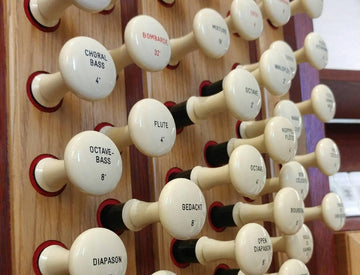

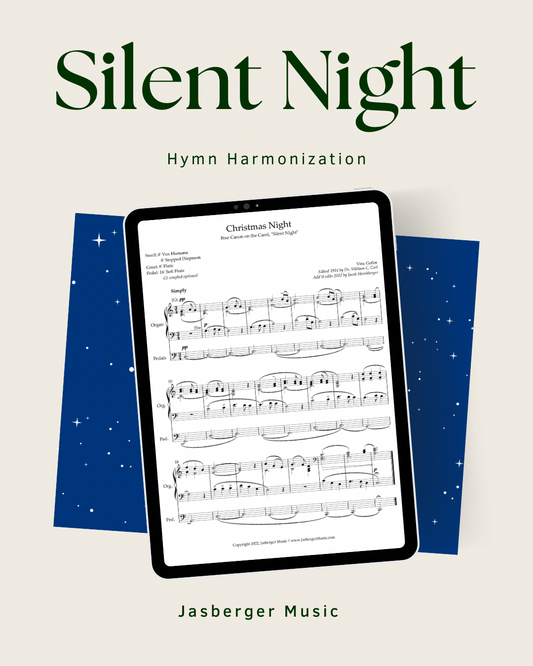


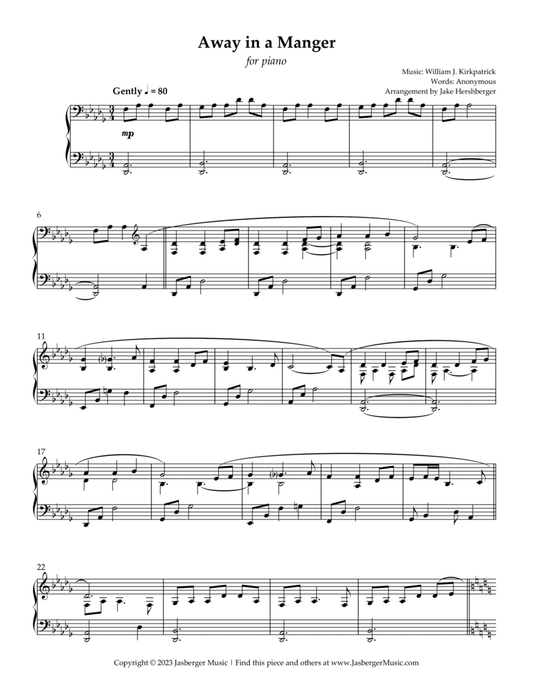

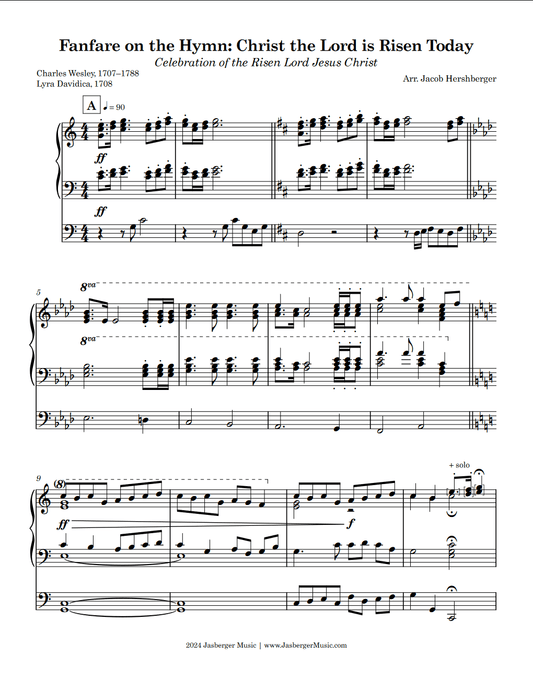





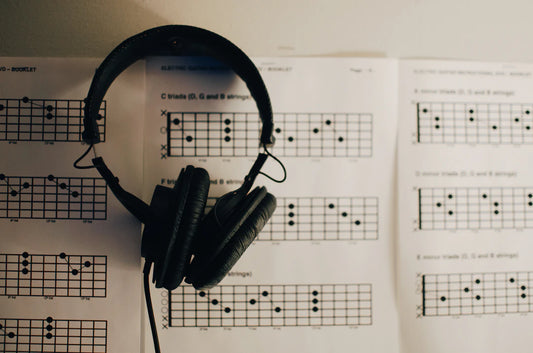


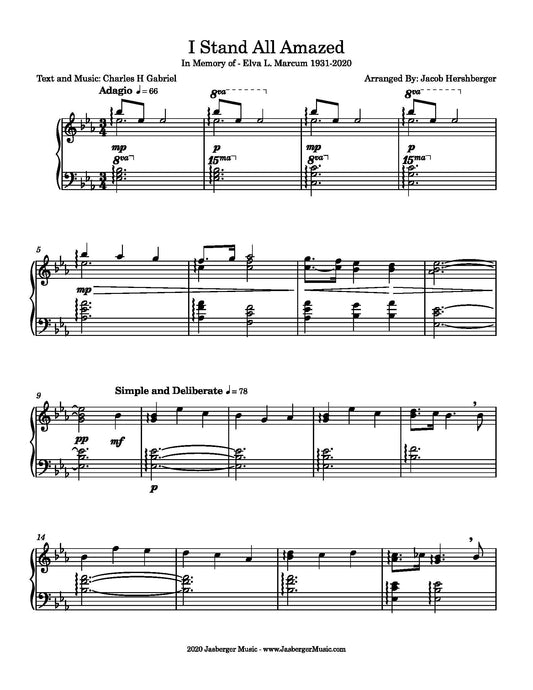

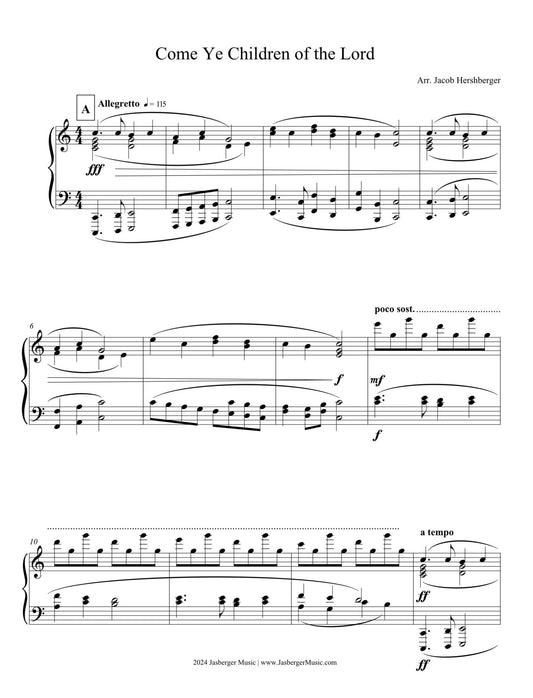
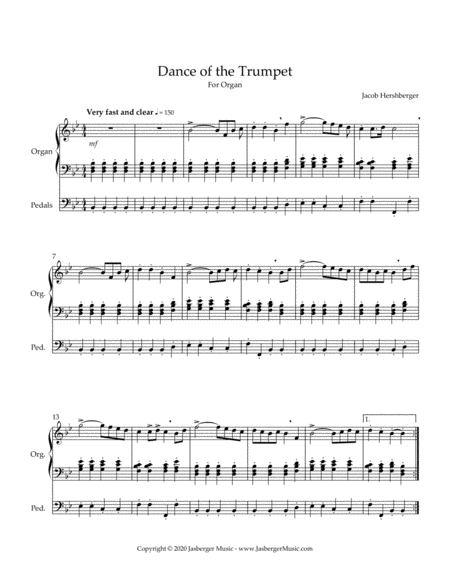
comments